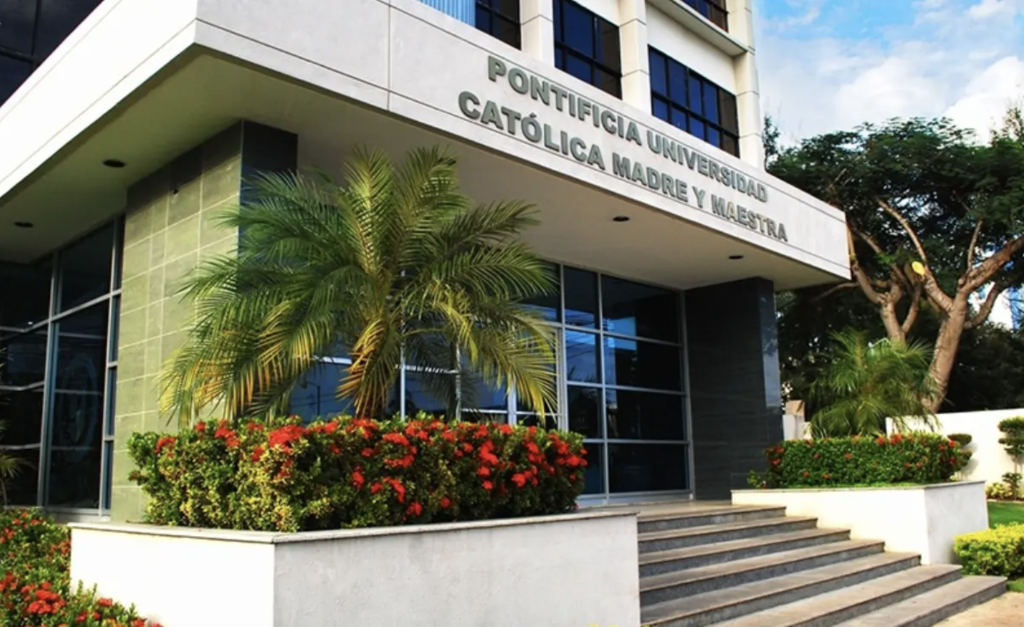
A recent study by the Pontificia Universidad Católica Madre y Maestra (PUCMM) has cast a harsh spotlight on the struggling state of pre-university education in the Dominican Republic, warning of serious flaws in the national assessment system. Despite billions invested in public schooling, the research reveals a troubling disconnect between grade passing and actual learning, with only a fraction of graduates demonstrating satisfactory academic performance.
The Danilo Medina administration in 2012 was the first Dominican government to allocate extensive funding for public education after years of national protests demanding 4% of GDP established by law be allocated to the sector. As of 2012 this happened, but the money would mainly go to building schools and raising the salaries of public teachers and administrative staff without structural changes to ensure quality education. The situation did not change much after the allocation of enormous amount of resources.
Now the recent investigation, conducted by PUCMM’s Center for Research in Education and Human Development (Cied-Humano), found that the country’s high schools maintain a high promotion rate, exceeding 75%, despite insufficient learning outcomes.
The “Analysis of the 2025 National Tests” study showed alarming results:
• Only 22% of students achieved a satisfactory performance across all four subjects evaluated: Spanish Language, Mathematics, Social Sciences, and Natural Sciences.
• A significant 36% of the student body failed to reach an adequate proficiency level in any of the subjects.
The findings suggest that the current system is prioritizing advancement over mastery of skills, creating a pipeline of students with diplomas but without the requisite knowledge.
The problem is prevalent in both the private and public education sectors, but is more serious in public schools.
The disparity in performance is starkest when comparing school sectors. The proportion of students with comprehensive satisfactory performance plummeted to just 14% in the public sector, a stark contrast to the 35% seen in private centers and 30% in semi-official institutions.
The director of Cied-Humano, Radhamés Mejía, who presented the results, noted that the technical-professional track showed better outcomes and smaller achievement gaps compared to the academic track, where “fragmented learning” is more prevalent. The most critical scenario was found in night school programs, where three out of four students remained at the lowest level of performance.
Mejía emphasized that the decline in quality is not solely the student’s fault, but also a matter of institutional capacity and leadership.
“It is urgent to establish curricular coherence, a culture of rigorous evaluation, and to improve institutional capacity,” Mejía explained.
To address the deep-seated issues, PUCMM recommends a fundamental revision of the education system, particularly the current promotion formula. Mejía proposed:
Aligning grades with real learning by revising the current promotion formula, which grants 70% weight to internal school grades and only 30% to the National Tests.
This existing scheme, according to the educator and researcher, “privileges approval” over genuine academic achievement.
The problem seems to be that public sector educators pass the children with low grades, moving on the problem in their preparation to the next grade. Eventually, the schools graduate the students leaving the problem to the university system.
The recent study once again focuses on how, despite the windfall of resources injected into the public school system, there is little to show for in the much sought improvement in quality of Dominican public school system graduates.
This was happening during the governments of Leonel Fernandez, Hipolito Mejia and Danilo Medina. There was hope for change when Abinader began his first term in 2020. Yet, his appointment of Roberto Furcal, a former president of the Public Schools Teachers Association (ADP) for his first minister of education turned out to be an unfortunate one. Furcal was removed amidst major accusations of widespread corruption. He almost completed four years in the position, yet was replaced by private university-owner Angel Hernandez in August 2022 after major protests of corruption.
Abinader next appointed his minister of Labor Luis Miguel de Camps in February 2024 to head the needed transformations of the education sector.
De Camps has the challenge to funnel the budgeted amounts to push forward quality education and revert situations of low learning and excesses in grade passing of those demonstrating only minimal proficiencies such as what the new PUCMM study is showing. Meanwhile, he has to deal with the pressures of the ADP that continue to demand improvements in conditions for members.
A story in El Nacional reports on the archi-powerful public school teachers association, demanding more benefits and raises. Several reports indicate that the low levels of many teachers and the highly politicized teacher union is more part of the problem than the solution.
Read more in Spanish:
El Nacional
El Nacional
Diario Libre
Diario Libre
15 October 2025

